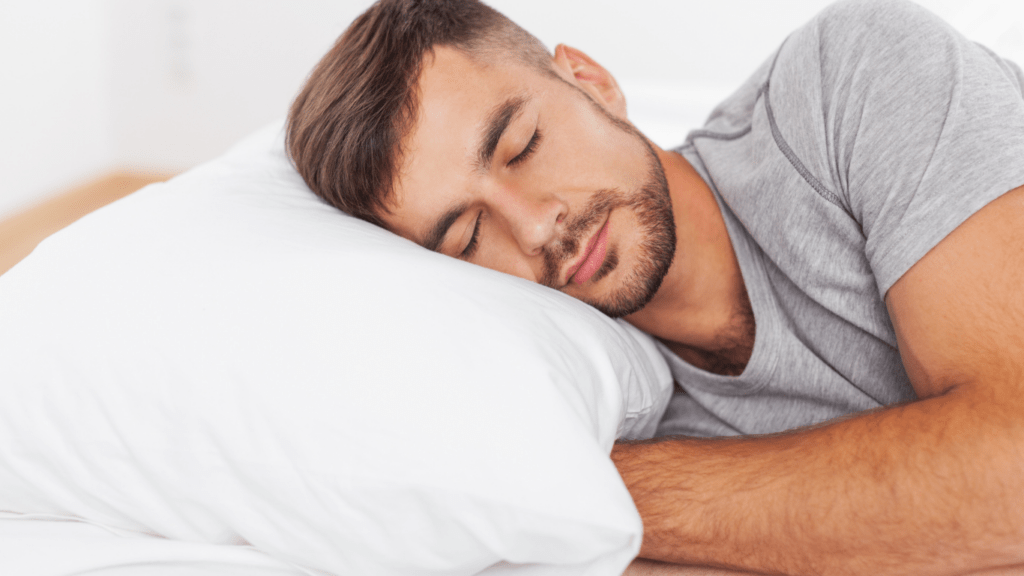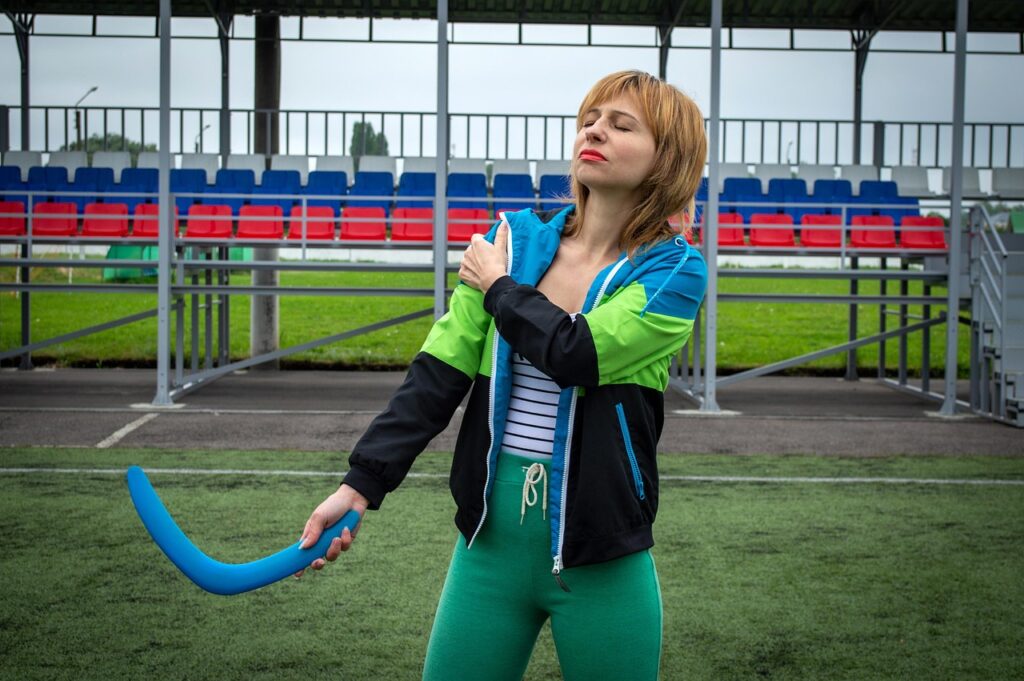I’ve always believed that peak athletic performance isn’t just built in the gym or on the field—it’s forged during recovery. And at the heart of recovery? Sleep. It’s not just about getting enough hours; it’s about optimizing the quality of those hours to fuel the body and mind for maximum output.
Athletes often focus on training routines and nutrition plans, but sleep is the secret weapon many overlook. Proper sleep doesn’t just repair muscles; it sharpens focus, boosts endurance, and enhances overall performance. The difference between good and great often comes down to how well you rest.
The Importance Of Sleep In Athletic Performance
Sleep plays a pivotal role in elevating athletic recovery and output. It directly impacts both physical healing and mental sharpness, which are essential for peak performance.
The Role Of Sleep In Physical Recovery
During sleep, the body repairs muscle tissues and restores energy levels. Deep sleep stages, particularly slow-wave sleep, enhance the release of growth hormones that contribute to muscle repair and cellular recovery. Inadequate sleep limits this process, leading to extended recovery times and an increased risk of injury.
Sleep also reduces inflammation caused by intense workouts. Studies from the National Institutes of Health associate consistent sleep patterns with lower levels of pro-inflammatory markers, which are critical for sustaining long-term physical health.
Mental Benefits Of Quality Sleep For Athletes
Quality sleep enhances cognitive functions like:
- decision-making
- focus
- reaction time
These mental attributes significantly influence performance, especially in high-intensity sports demanding precision and quick responses. Sleep deprivation, however, impairs concentration and increases the likelihood of errors.
Sleep improves emotional resilience. For athletes, managing stress and maintaining motivation is crucial, and proper rest supports mood regulation by stabilizing serotonin and dopamine levels. This improves mental clarity and helps with strategic thinking during competition.
Sleep Optimization Techniques For Athletes

Optimizing sleep directly impacts athletic recovery and output by enhancing both physical repair and mental performance. Implementing specific practices ensures athletes achieve deeper, more restorative sleep.
Creating A Consistent Sleep Schedule
A consistent sleep schedule aligns the body’s circadian rhythm, optimizing recovery processes. Maintaining identical bedtimes and wake-up times daily avoids disruption of sleep stages critical for muscle repair. For example, adhering to an 11 PM bedtime aids in creating a routine, ensuring adequate deep sleep and REM phases essential for energy restoration, hormone balance, and optimal recovery.
The Impact Of Sleep Environment On Recovery
- A proper sleep environment reduces disturbances and promotes restorative sleep.
- Cooling the room to 60-67°F, minimizing light exposure with blackout curtains, and reducing noise using white noise machines or earplugs enhance rest quality.
- Comfortable bedding, such as memory foam pillows and temperature-regulated mattresses, further supports physical recovery.
- Blocking blue light from devices at least one hour before sleep can also prevent delays in melatonin production, improving sleep onset.
Nutrition And Its Influence On Sleep Quality
Specific foods and supplements influence sleep patterns and recovery. Incorporating tryptophan-rich foods like turkey and almonds or magnesium-heavy options like spinach and bananas boosts melatonin levels. Protein consumption before sleep, including whey protein, accelerates muscle repair during stages of deep sleep. Limiting caffeine intake past mid-afternoon and avoiding large meals close to bedtime reduces sleep disruptions, ensuring optimal rest for post-exercise recovery.
How Sleep Affects Recovery Timelines
Sleep directly influences how the body recovers. It accelerates muscle repair, minimizes injury risk, and ensures consistent athletic progression.
Enhancing Muscle Repair During Sleep
Muscle tissue repair occurs most efficiently during deep sleep, as growth hormone secretion peaks in this phase. This hormone stimulates protein synthesis and regenerates damaged fibers caused by intense physical activity. For instance, studies show that athletes achieving 7-9 hours of quality sleep recover strength more quickly after high-intensity sessions. Insufficient deep sleep delays these processes, leading to prolonged soreness and diminished performance.
Preventing Injuries Through Proper Rest
Rest decreases injury likelihood by promoting full recovery of stressed tissues and reducing fatigue-related errors. Chronic sleep deprivation weakens neuromuscular coordination and impairs reaction time, both significant contributors to sports-related injuries. A consistent sleep pattern improves joint stability, balance, and strength, as the nervous system receives adequate recovery time each night.
Measuring Sleep And Athletic Performance
Tracking sleep and understanding its impact on performance allow athletes to make data-driven changes to optimize recovery and output. Accurate measurement tools and proper data interpretation create opportunities for targeted performance improvements.
Using Technology To Track Sleep Patterns
Devices such as fitness trackers, smartwatches, and sleep apps provide real-time insights into sleep quality and duration. These tools monitor parameters like heart rate, respiratory rate, and sleep stages, helping athletes identify patterns that influence recovery cycles. Products like WHOOP, Oura Ring, and Fitbit offer detailed reports on time spent in REM and deep sleep, which are critical for muscle repair and cognitive restoration.
Additionally, wearable technology often integrates with mobile platforms to deliver comprehensive views of sleep metrics over days or weeks. By identifying disturbances or irregularities, such as inconsistent sleep durations or sleep onset delays, athletes can make necessary adjustments to routines.
Interpreting Data To Improve Performance
Sleep data highlights correlations between rest and athletic outcomes, allowing performance tuning based on observed trends. For example, tracking how training intensity impacts sleep patterns can uncover overtraining signs, enabling better recovery management. I compare nightly sleep efficiency scores to training outputs, noting when fatigue or injuries coincide with insufficient restorative sleep.
I also analyze metrics like sleep latency and wakefulness to minimize disruptions and achieve consistent sleep cycles. Targeted changes, such as adjusting pre-sleep routines or incorporating relaxation techniques, address inefficiencies revealed by data. Combined with recovery metrics, this information helps refine training schedules to align peak performance with optimal physiological recovery periods.



 Lead Training Analyst
Lead Training Analyst
